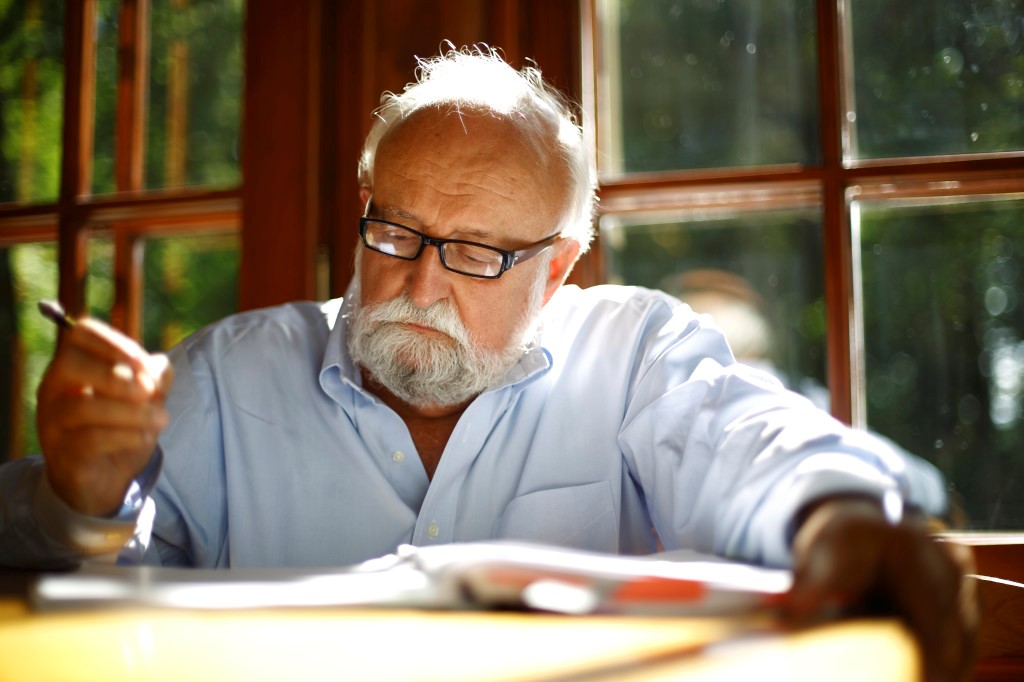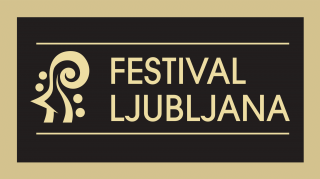Krzysztof Penderecki is, just like Frédéric Chopin, one of the symbols of Poland, but one who introduced classical music to the 21st century. He was a man who imprinted a strong mark on the spiritual landscape of the world, which loved his music and eagerly awaited his visits. He was also a great builder, who left behind him not only perfectly constructed compositions, but also a lively symphony of trees, his arboretum in Lutosławice. A beautiful old Polish manor house, renovated with great care by Penderecki and his wife Elizabeth, and which sits at the heart of the arboretum, was a source of support and strength for the Master. On the other side of the road, the European Music Centre named after him was built, including a great concert hall and working premises. Created by the Musician for musicians. From the love of music.
In the wider world the name of Krzysztof Penderecki is associated with two contradictory ideas about the man himself. On the one hand, he is an avant-garde artist who radically expanded the boundaries of music. His works have enormous emotional impact, as felt in his Threnody to the Victims of Hiroshima. On the other hand, however, he is perceived as traitor to the avant-garde who chose tradition and acted as “the last Mohican of sacred music”, trying to touch the mystery of existence with his works, just like his beloved Johann Sebastian Bach.
Premiered in 1966, St. Luke Passion shouldn’t be seen as Penderecki’s turn to religious works, but as his resistance to Communism. Western critics could not imagine that political resistance can be expressed through religious music. But in Poland “… every sacred work is a statement of political significance.” Krzysztof Penderecki himself explained it this way: “Passion is a story about the suffering and death of Christ, but it is also a story about suffering and death at Auschwitz, the tragic experience of mankind in the middle of the twentieth century.”



